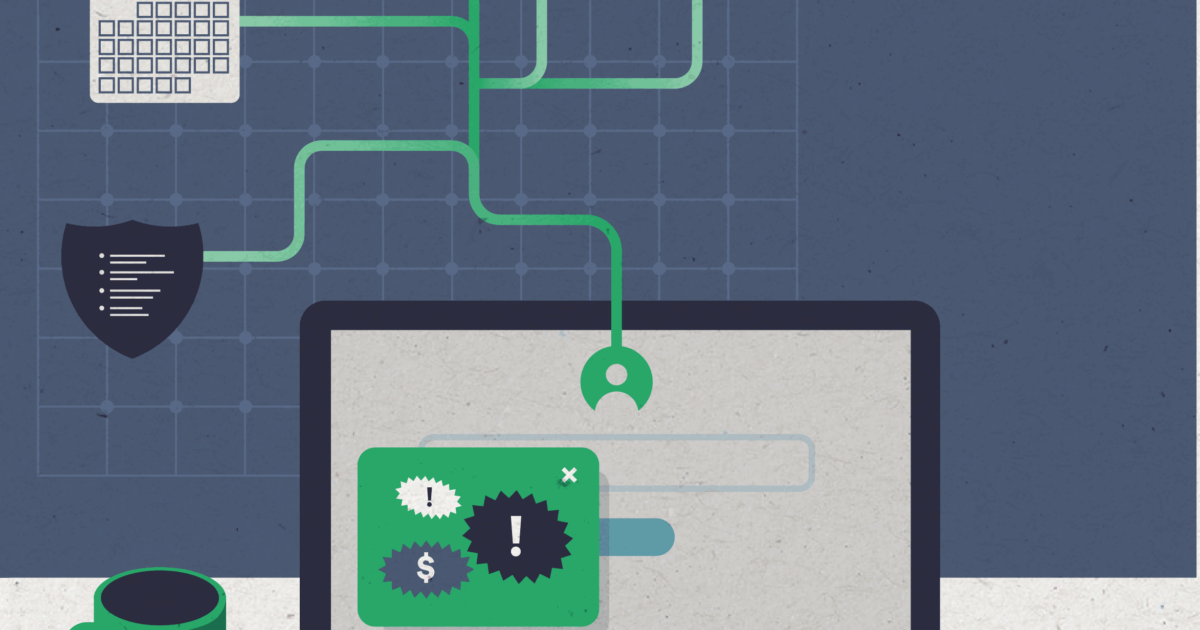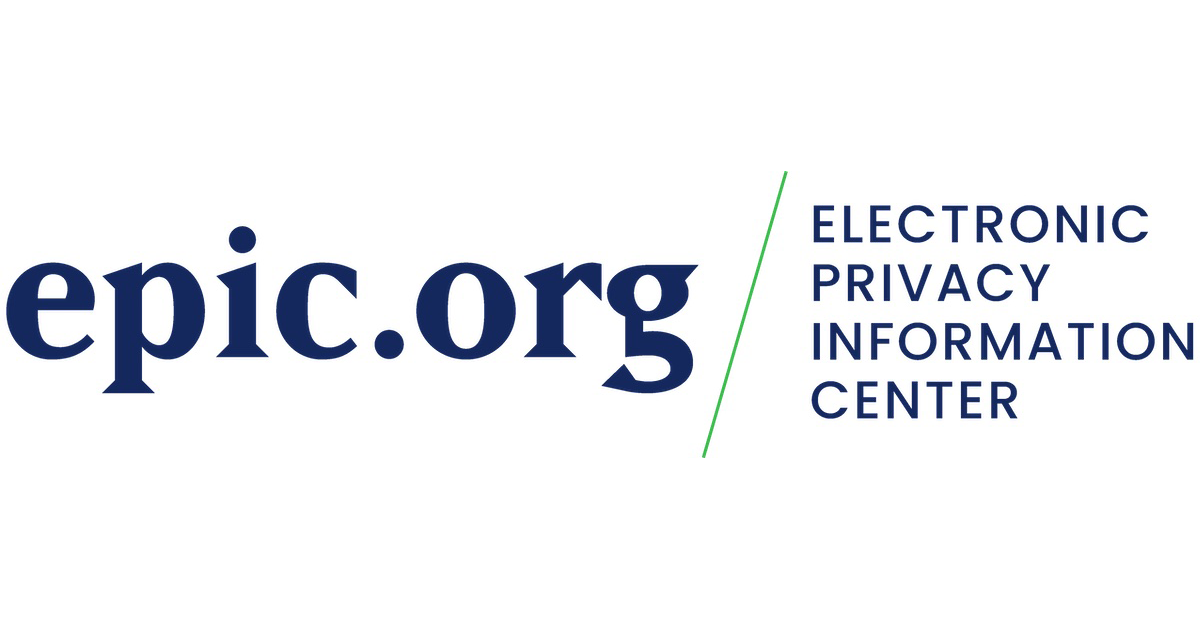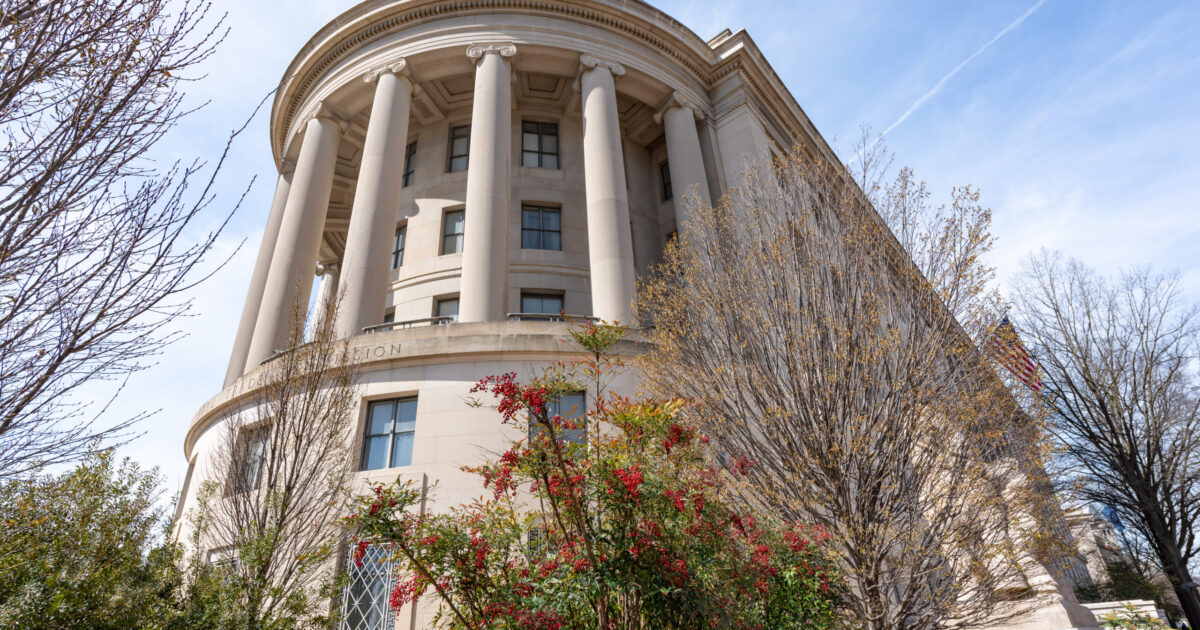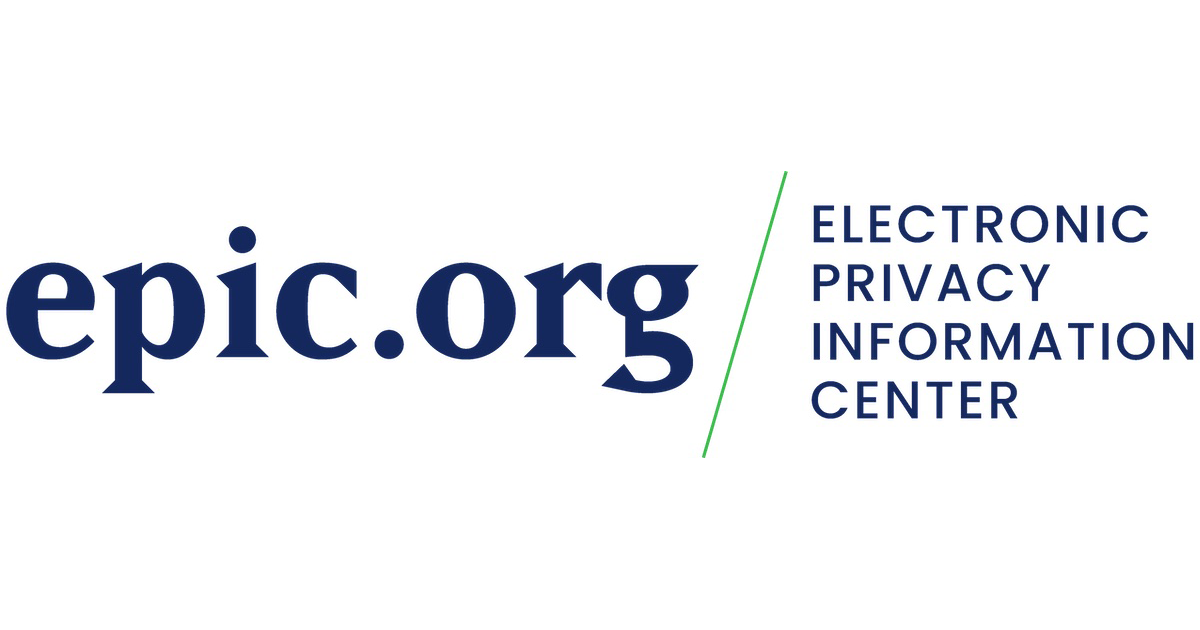If you’re new here, you may want to subscribe to my RSS feed. Thanks for visiting!
(Psst: The FTC wants me to remind you that this website contains affiliate links. That means if you make a purchase from a link you click on, I might receive a small commission. This does not increase the price you’ll pay for that item nor does it decrease the awesomeness of the item. ~ Daisy)
Are you looking for a lighting solution that is easy to pack and easy to charge? I was, so I decided to check out the collapsible LuminAid Titan solar lantern. It’s only $34 at the time of this posting.
First and foremost, I was not paid for this review. I bought it thinking it would be a good piece of gear. And it is.
This is an LED collapsible lantern that can be charged with a small solar panel charger or by USB. It has four different output levels in both red (tactical!) and white light. The fifth output is a low-level random blinking-like light. (Which I guess is for maybe a romantic ambiance?)
I have no way to measure this, but their site says at max power, it puts out 150 Lumens with a run time of 8 hours. On low power, 10 Lumens with a run time of 72 hours. According to their site, it is bright enough to illuminate a family-sized tent. I tried it in my medium-sized bathroom, and it did illuminate it enough to be able to do most normal activities, but it would have to be closer for fine or small detail activities, like removing an eyelash from your eye.
It has a velcro handle with two holes if you want to hang it more securely, with 550 cord, for example.
What is neat about it, it is collapsible into a slim form factor about an inch thick. Expanded, it is about six inches tall. There is a little plug on the bottom you have to open, then twist to expand it into lantern use or collapse it for storage. When expanded, it fills with air to keep its shape (after you close the plug). Also makes it floatable and it is waterproof. When you collapse it, the air rushes out with a whoosh.
The LuminAid Titan solar lantern can charge small devices
According to their website, it can also charge some small devices like a phone, tablet, headlamp, or camera via a USB cable.
To test this, I drained my phone down to 8%. With the Lantern at full power according to the battery status indicator, I plugged my phone in. In two hours, it charged my phone to 58% before its battery was drained. Not a full charge but I thought that was pretty good. To recharge the LuminAid Titan solar lantern battery via USB took about two hours which made sense. I have not had…
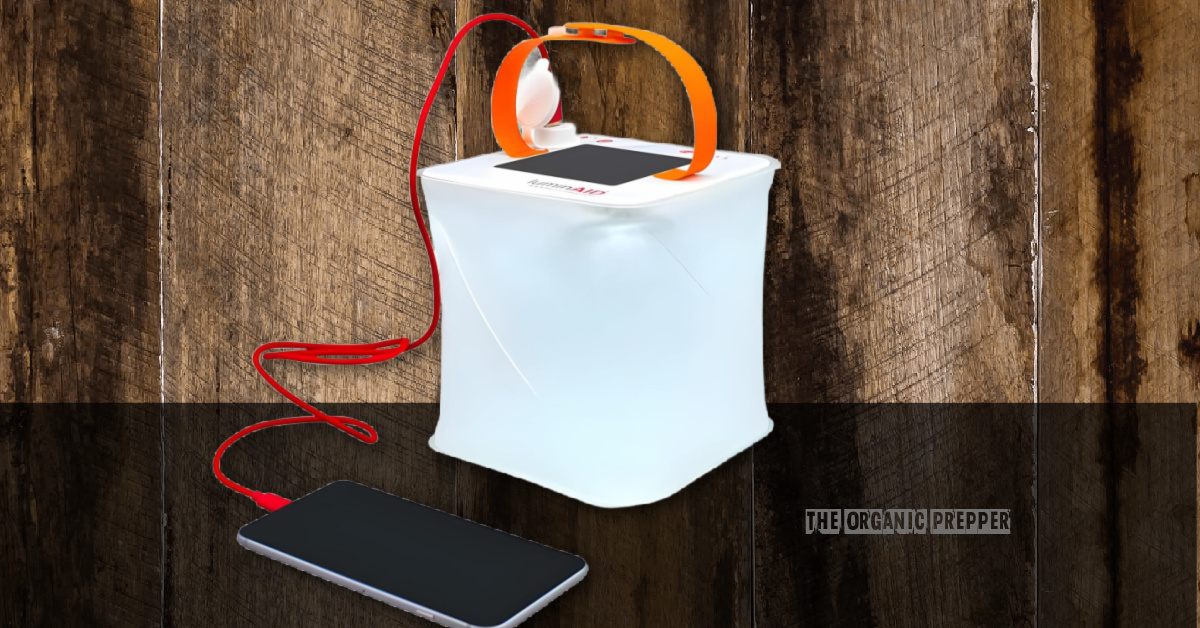
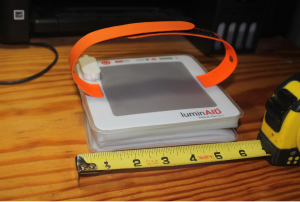
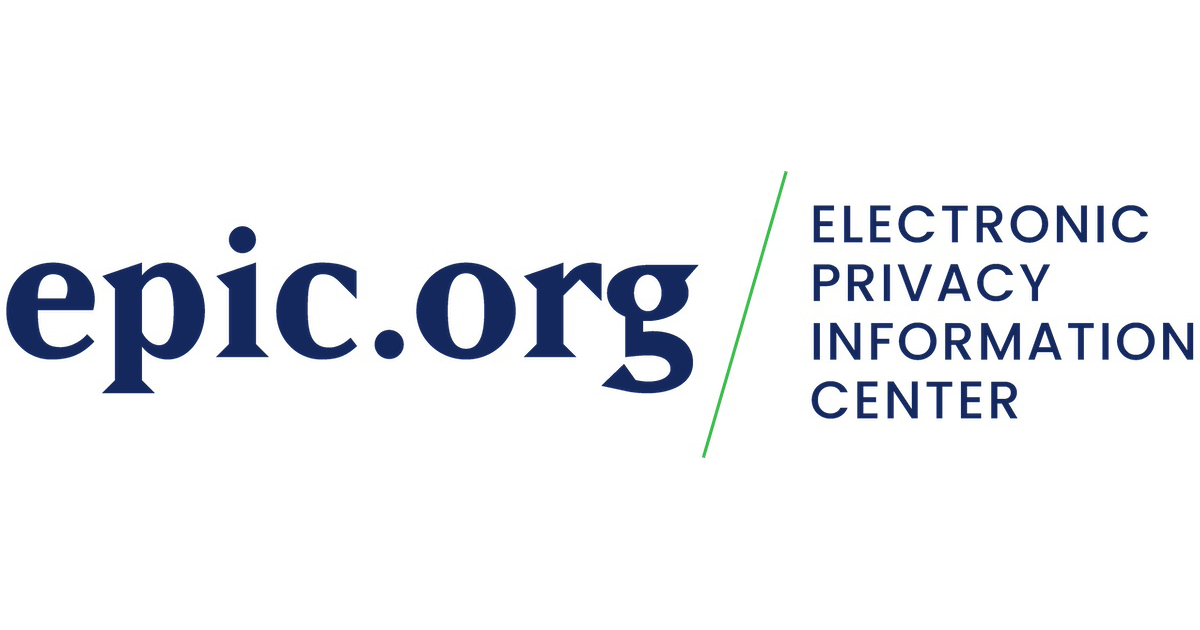


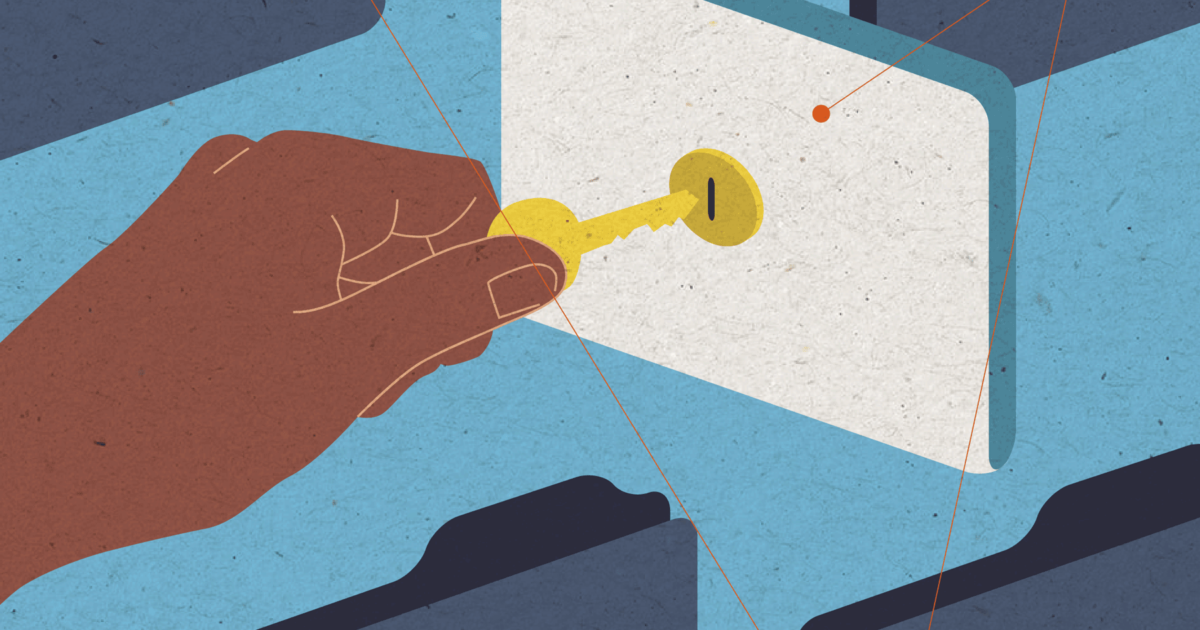
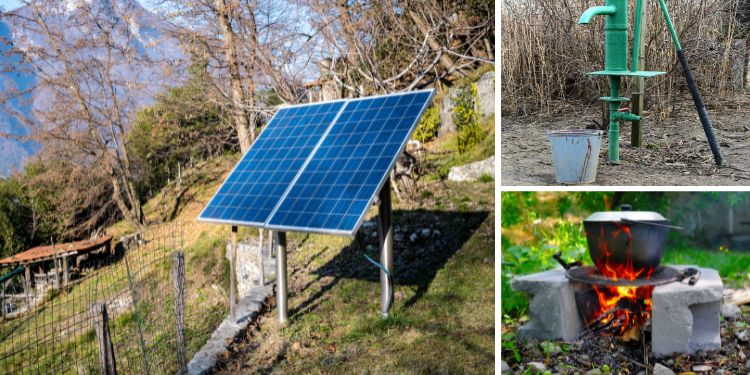
 Did I want to be totally self-sufficient, though, or would it be OK to buy things I can’t produce myself?
Did I want to be totally self-sufficient, though, or would it be OK to buy things I can’t produce myself?